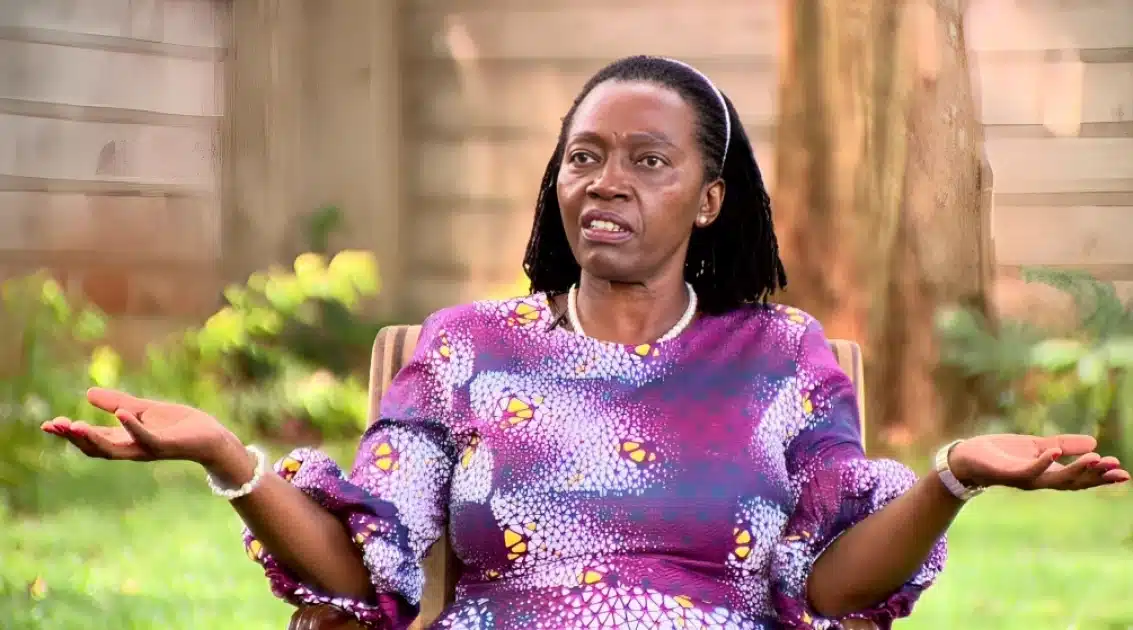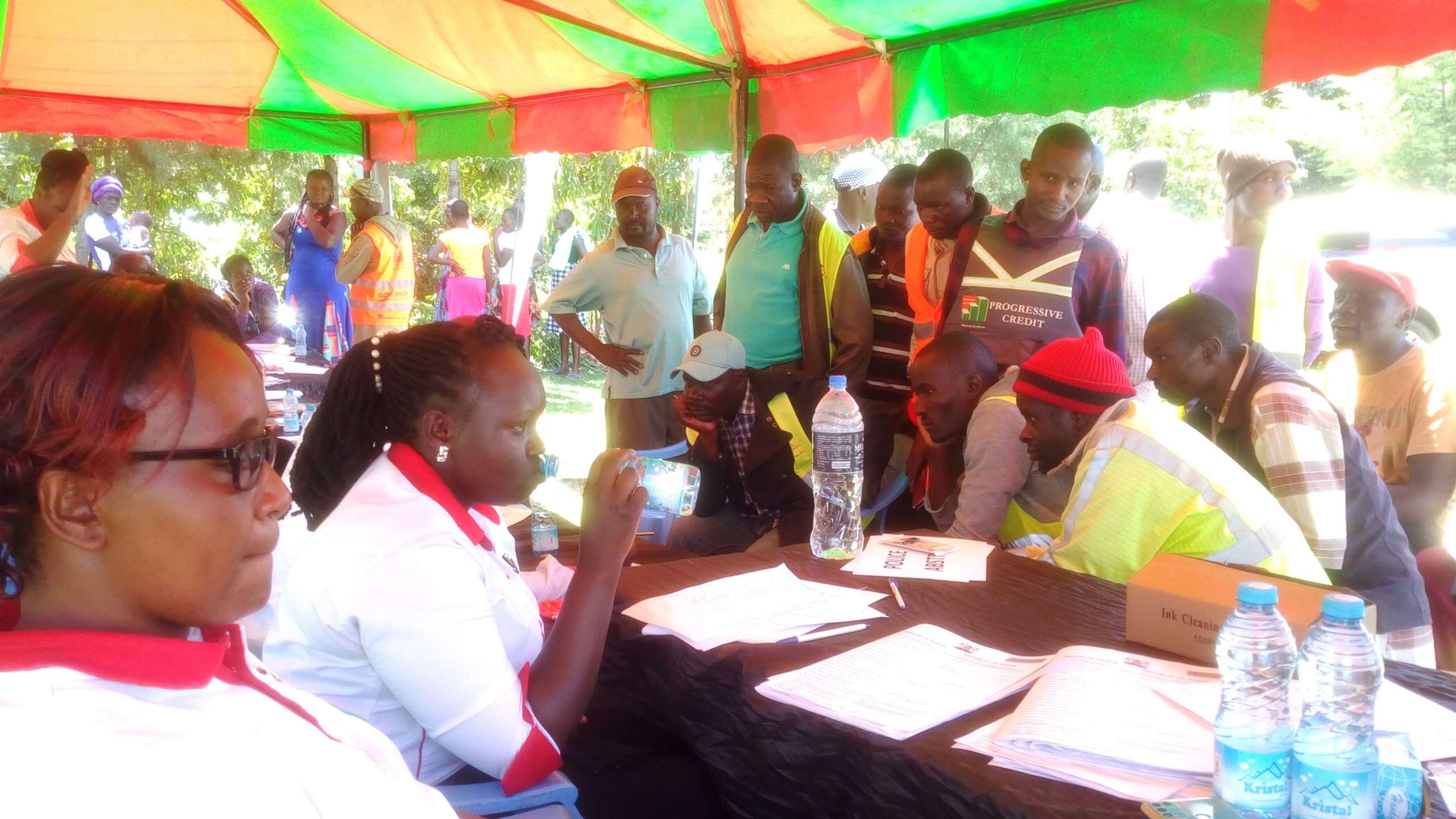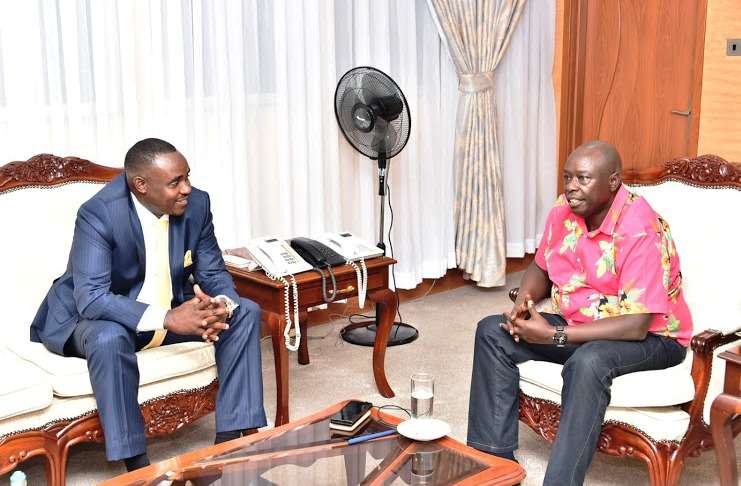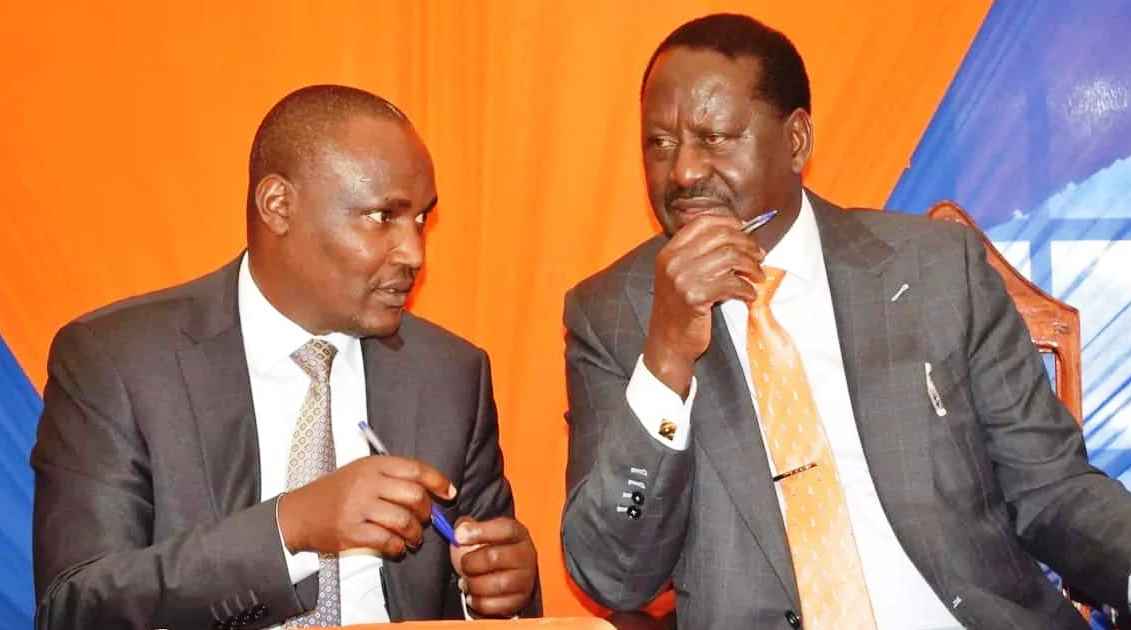As Kenya’s political landscape shifts ahead of the 2027 general elections, Martha Karua seems to be positioning herself as a defiant and solitary figure, determined to chart her own course. The recent rebranding of her Narc-Kenya party to the People’s Liberation Party (PLP) underscores this bold strategy of reasserting her influence, particularly in the politically critical Mount Kenya region. However, the road ahead is fraught with challenges, rivalries, and shifting alliances.
Karua’s departure from the Azimio Coalition marked the beginning of her new trajectory. Her decision followed a bitter fallout with Raila Odinga, whose move to international politics left a leadership vacuum in Azimio. Karua believed her role as Raila’s running mate in 2022 entitled her to lead the coalition, but Kalonzo Musyoka quickly filled the void, with Raila signaling a preference for him over Karua.
Undeterred, Karua unveiled PLP, a rebranded vehicle aimed at capturing the disenchantment of Mount Kenya leaders within UDA. However, her uncompromising stance has alienated potential allies. No opposition leader has publicly backed PLP, leaving Karua to navigate the turbulent political waters alone.
The stakes are even higher with former President Uhuru Kenyatta re-entering the political arena. Karua had hoped that Uhuru would remain neutral, providing her the space to consolidate support in Mount Kenya. Instead, Uhuru’s alignment with President William Ruto has thrown a wrench into her plans. This development not only complicates Karua’s strategy but also unsettles Rigathi Gachagua, who had envisioned teaming up with Uhuru to counter Ruto’s influence.
Karua’s defiance toward Ruto is unwavering. She has consistently refused to acknowledge him as president and has rejected any collaboration with his administration. This firm stance resonates with some voters but risks isolating her further as the political tides shift toward inclusivity.
Her frustration extends beyond Kenya’s borders. Karua recently attempted to represent Ugandan opposition leader Kizza Besigye in a military trial but was denied a temporary practicing license by the Uganda Law Council. The council’s refusal, citing political motives, has become another symbol of the challenges Karua faces as she seeks to balance her legal career and political ambitions.
Karua’s strategy is clear: she aims to leverage her reputation as a principled leader to rally disenfranchised voters and leaders. Yet, her unwillingness to forge alliances could undermine her relevance in the 2027 elections. Political observers argue that while Karua’s independence is admirable, her success depends on building coalitions that reflect Kenya’s evolving political dynamics.
As Mount Kenya’s political future hangs in the balance, Karua’s gamble to go it alone is a calculated risk. Whether it will pay off or leave her further marginalized remains one of the most compelling questions in Kenya’s political arena.





